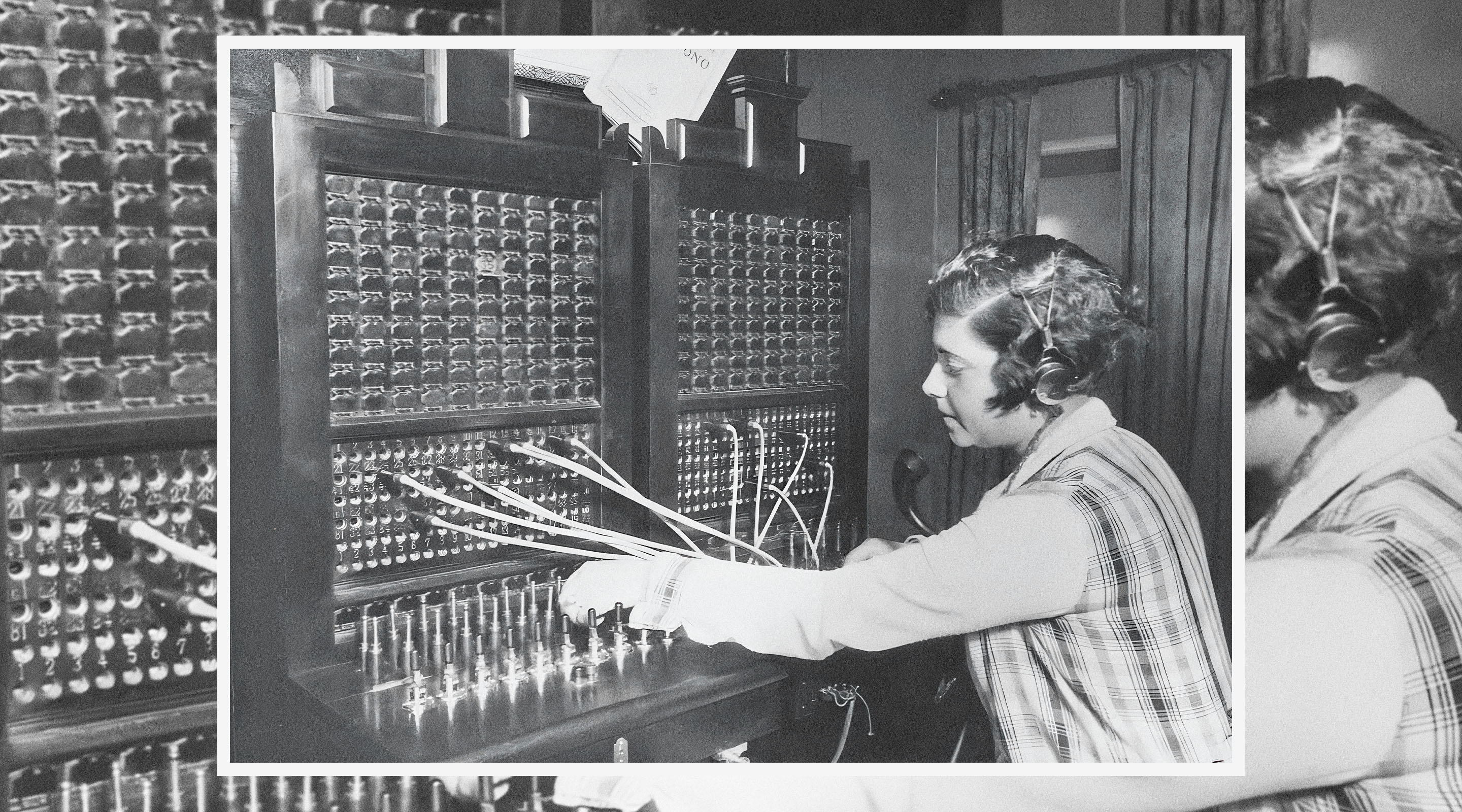
1933
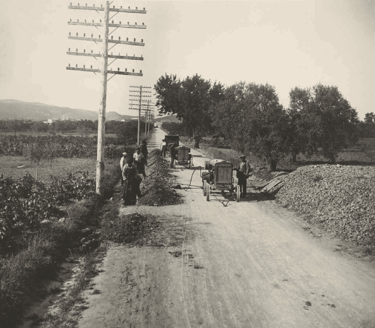
The service provision is guaranteed after the agreement with the Government. These are times of cooperation as the company signs its first collective bargaining agreement with the workforce.
We sign the first collective bargaining agreement between the company and employees
01
In a complex social and political environment, Telefónica does its best to promote social peace. In April 1933, a major milestone is reached: the first collective bargaining agreement between the company and its employees is approved, which will have a major internal impact and come into force on 1 May. The working day would be the legal 48-hour working day, but the contract recognised "the custom of shorter working hours". Telephone operators no longer had to leave their jobs if they got married, could have children without losing their jobs and even had a maternity allowance (something that changed after the war, when again the rule was applied that a telephone operator lost her job if she got married, in compliance with one of the new Basic Laws, the Labour Code of 1938, which stated: "freeing the married woman from work in the workshop and factory"). The new contract also established sick leave conditions for employees "shall receive full pay for a minimum of two weeks and for an additional week for each year of service, up to a maximum of thirteen weeks (...). In addition, the Charitable and Welfare Institution was established as an instrument of labour policy.
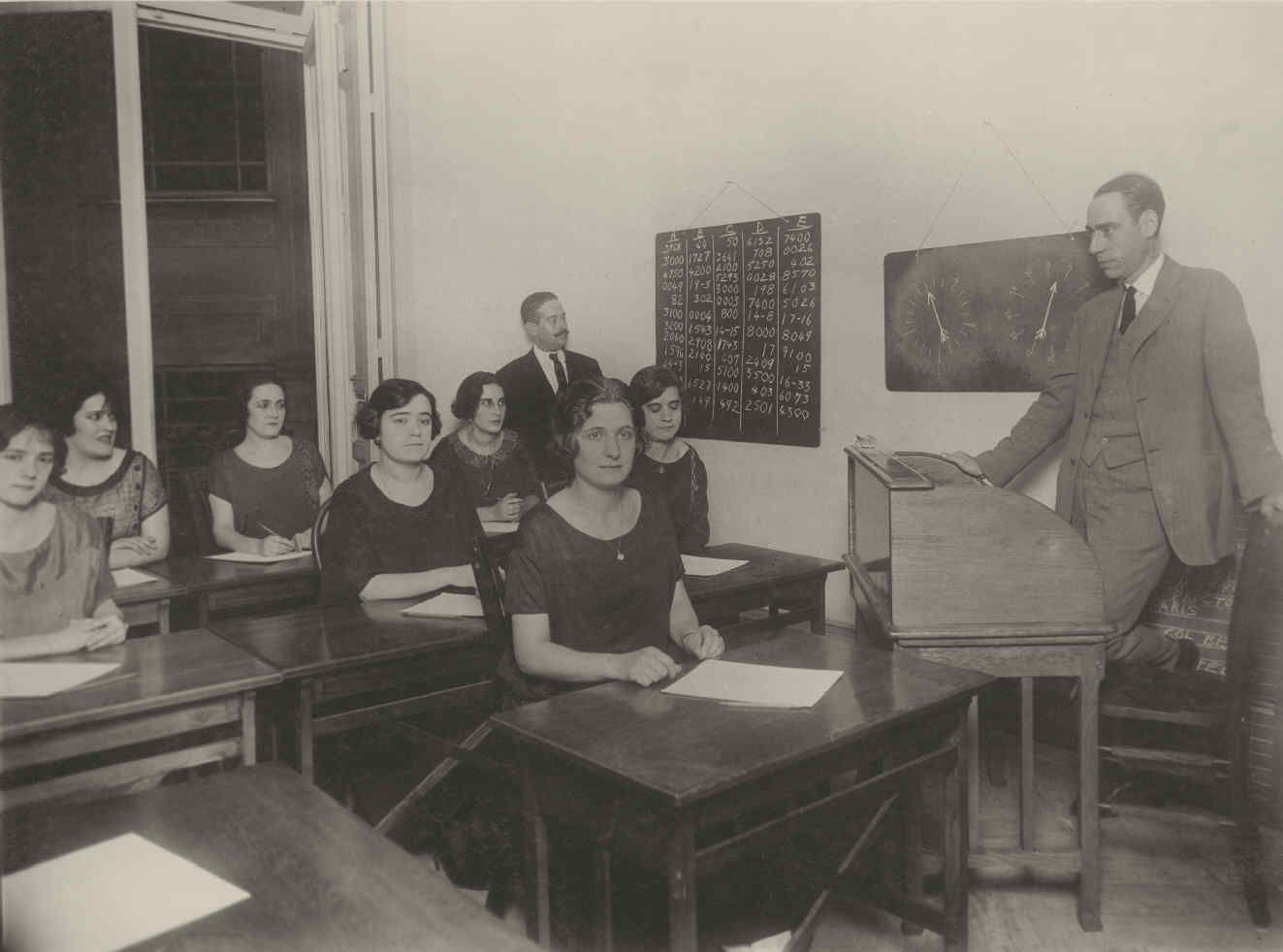
We continue to install telephones, with record profits
02
In 1933 Telefónica made a record profit of 39 million pesetas (234,395 euros), which enabled a 6% dividend to be paid on ordinary shares. The following year, 1934, would be even better: 43.4 million pesetas in profits (260,839 euros). The installation of telephones continued apace, with 281,229 telephones installed, of which 64.38% were in the automatic system.
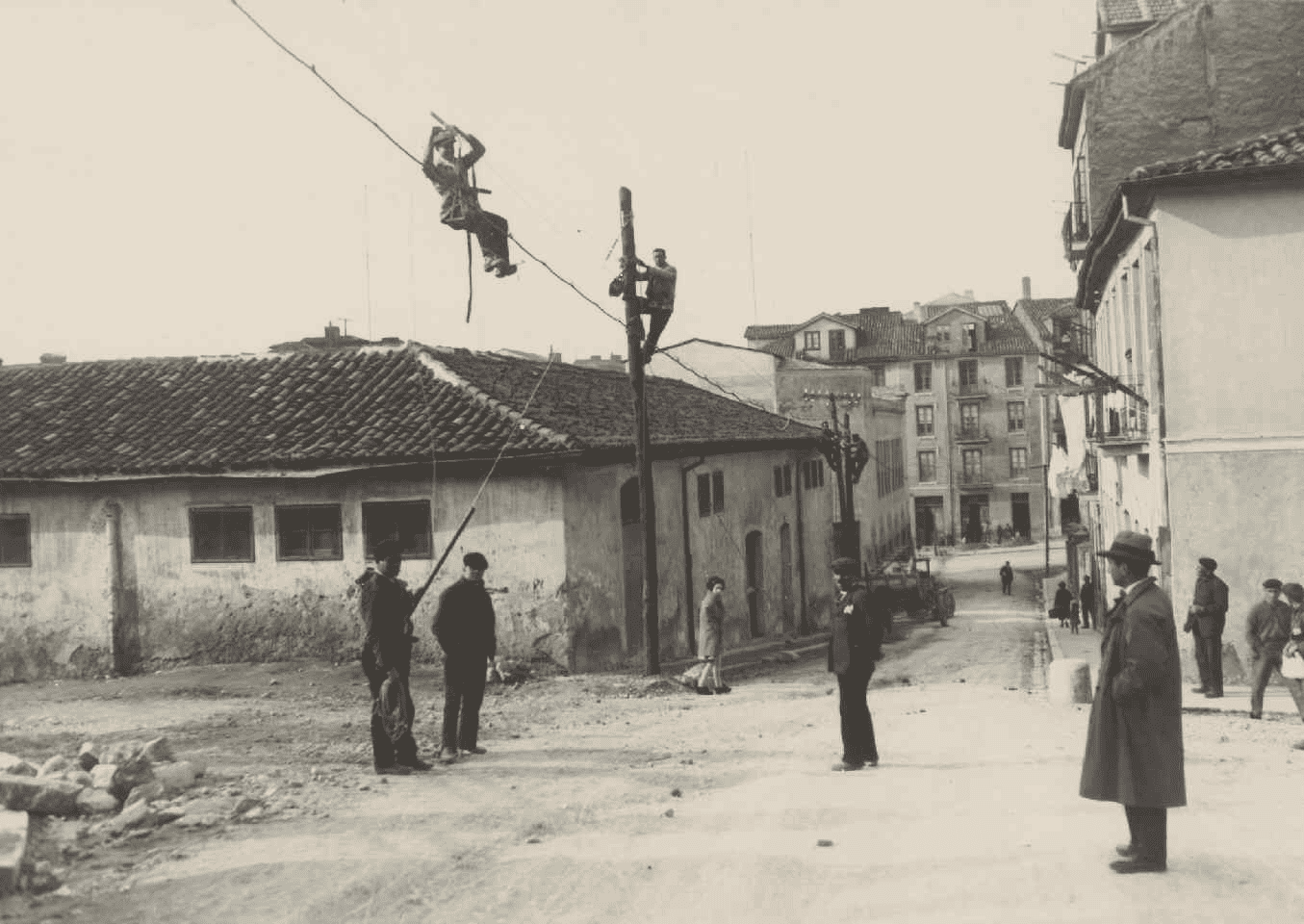
Half a hundred countries connected to Spain
03
Spain was already connected by telephone to 50 countries, with the addition this year of Algeria, Bulgaria, Belgian Congo, Estonia, Philippines, English India, Palestine, Peru, Syria and Tunisia.
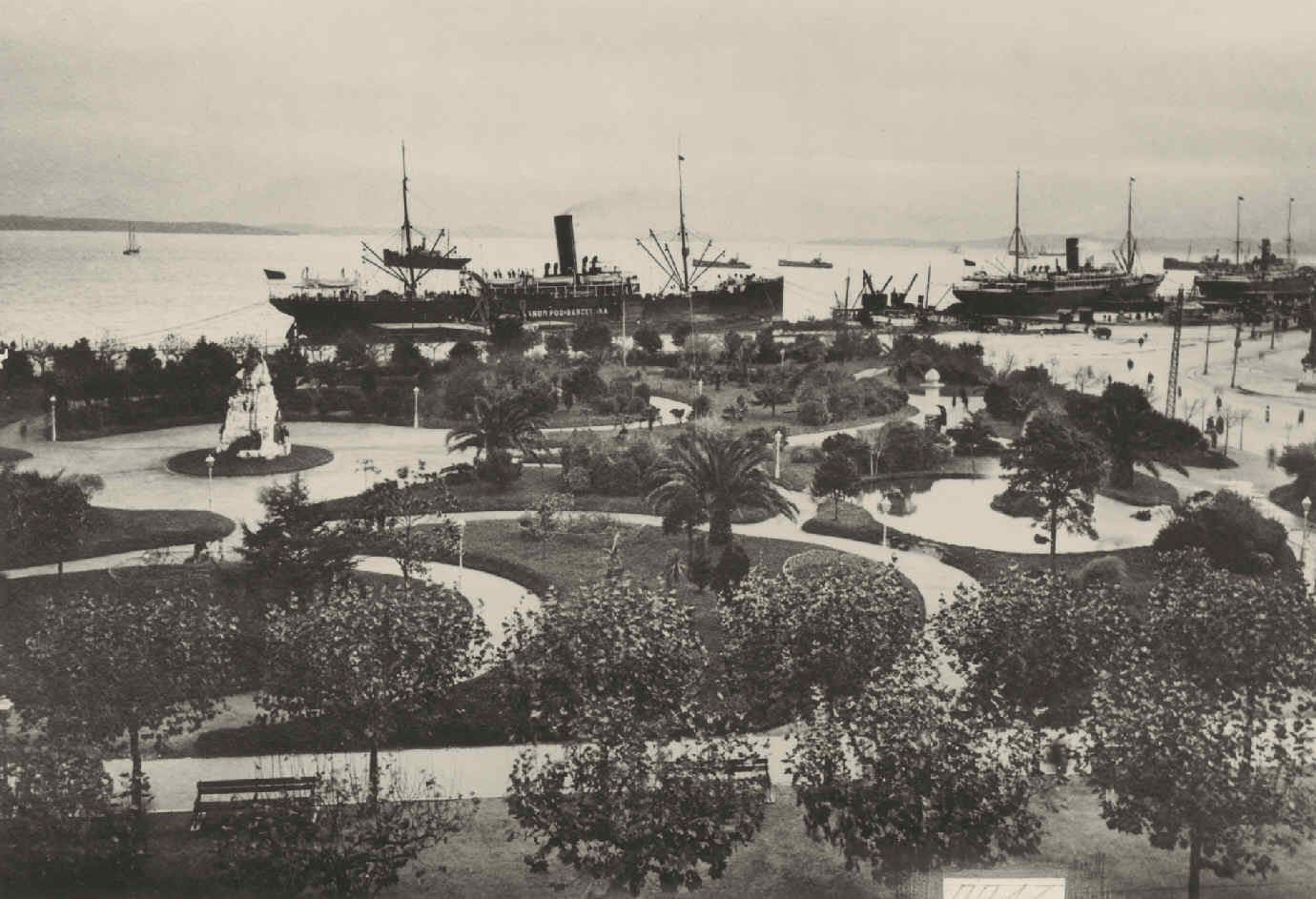
Do you have doubts about what happened?
Ask Aura